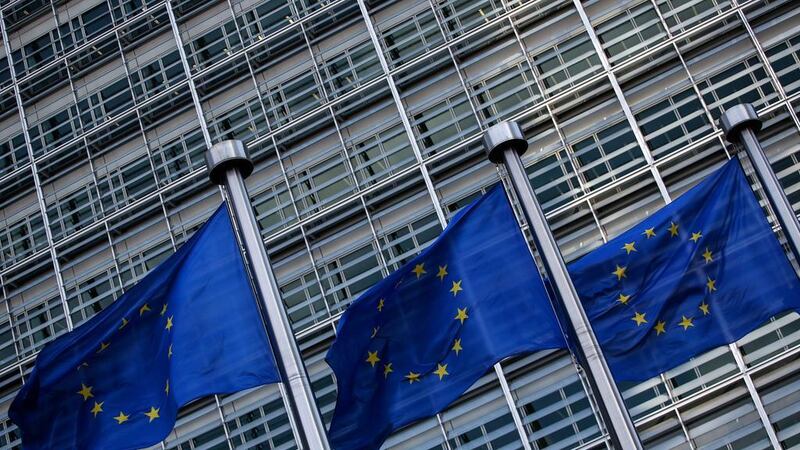The UAE expressed disappointment and surprise at its inclusion among 17 countries designated by the EU as alleged non-compliant global tax jurisdictions, and said it expected to be removed from the list after the implementation of outstanding measures that will be adhered to in the coming year.
The UAE Government said it was committed to maintaining the highest standards of financial oversight and tax regulations and would continue to work with international partners to ensure compliance.
The ministry said that it expected to be removed from the blacklist once it complies with Base Erosion and Profit Shifting (BEPS) Minimum Standard, a rule that seeks to limit shifting of profits to jurisdictions where there is low or no taxes
"The UAE has worked to meet the European Union's requirements in terms of exchanging tax-related information," said Younis Al Khouri, the UAE's undersecretary of finance in the statement.
"We have committed to a reform process which will be finalised by October 2018, and we are absolutely confident that this will ensure the UAE is swiftly removed from the list. We look forward to moving into the next phase of co-operation with our EU partners on the important issue of tax regulation."
The countries on the list are: American Samoa, Bahrain, Barbados, Grenada, Guam, Macau, the Marshall Islands, Mongolia, Namibia, Palau, Panama, Saint Lucia, Samoa, South Korea, Trinidad and Tobago, Tunisia and the UAE. Late on Thursday, Bahrain issued a statement saying the government "strongly believes that the country cannot be considered a tax haven as it is globally recognised for the strength and transparency of its financial regulatory infrastructure".
"Bahrain will initiate dialogue with the EU on this matter, to ensure understanding and recognition of the Kingdom’s efforts to ensure financial transparency, international cooperation and a robust regulatory environment," the statement added.
South Korea, which has a comprehensive free trade deal with the EU, was listed because it has “harmful preferential tax regimes,” while the UAE does not apply minimum global standards against tax avoidance, the EU said in a document.
_____
Read More:
Dubai wealth managers dismiss UAE inclusion in EU tax haven blacklist
Tax haven blacklist to give EU citizens invested in the UAE a "rude shock"
_____
The countries on the list may face sanctions in the future but for the time being EU finance ministers were unable to agree on sanctions that could be imposed on offending jurisdictions.
The UAE finance ministry said that since early 2017 it has been working with EU counterparts in a transparent manner to make sure that the country met the criteria laid down by the EU member states. The ministry has addressed every issue raised by the EU with the only outstanding issue that remains to be implemented being the BEPS Minimum Standard. The UAE has committed to finalise that by October 2018 and ratify it by March 2019 to give time for full implementation across the seven emirates.
"We will continue to work with our international partners on this issue, and are confident that we will be recognised as an internationally compliant partner at the EU's next review," the ministry said.
Economists and analysts also expressed surprise at the move, saying that many countries that are tax havens were not included on the list. They noted that because the credibility of the list was in question and because there are no sanctions that it was unlikely to have an impact on the country's economy.
"We don't think the inclusion of the UAE in the EU blacklist will have any major impact because the list is first of its kind, and it is unclear what ramifications it will have on the countries included," said Mohamed Bardastani, a senior economist at Oxford Economics.
"The EU states also failed to address what sort of actions or sanctions they'd take against the countries in the 'black list'. The credibility of the list is questionable as well as more notorious tax havens like Cayman and Virgin Islands are absent from the 'black list' and instead included in the 'grey list'. "





